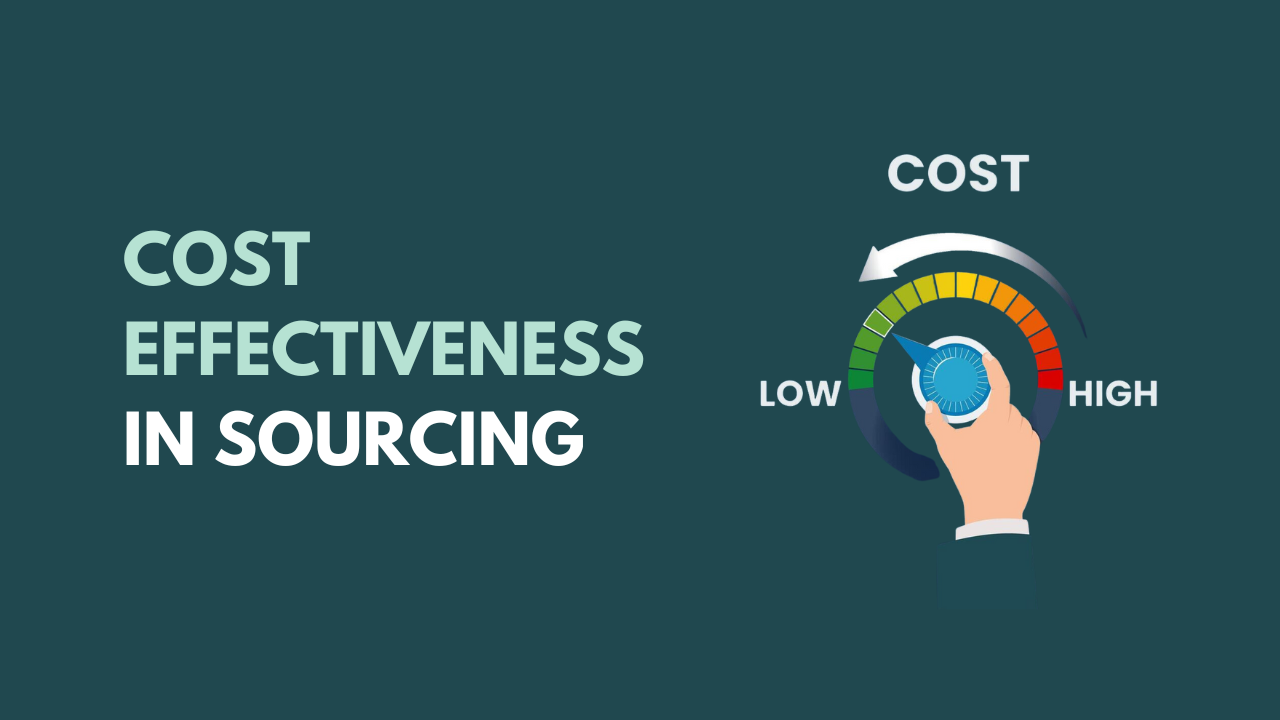
Benefits of strengthening supplier relationship

Table of Content
Introduction
Supplier relationships play a crucial role in the success of any business. These relationships are not merely transactional; they are strategic partnerships that can significantly impact operations, product quality, and overall business success. In this article, we will explore the benefits of strengthening supplier relationships and how it can profitably influence various aspects of business operations.
9 Benefits of strengthening supplier relationships:
supplier relationships
Enhanced Communication
Regular communication channels are vital for strengthening supplier relationships. Scheduled meetings provide opportunities to discuss ongoing projects, address concerns, and share feedback. Clear communication platforms, such as online portals or dedicated email threads, ensure that the information flows smoothly between both the parties. This leads to an improved understanding of needs, as collaborative discussions enable suppliers to better comprehend the requirements and expectations of the business. Feedback mechanisms further facilitate communication by allowing both parties to provide input and suggestions for improvement.
Ongoing Improved Operations
Continuous improvement is key to long-term success. Strengthening relationships with your suppliers fosters a culture of collaboration and innovation, leading to ongoing improvements in your operations. Better coordination between the business and its suppliers leads to timely responses to queries and issues, as well as effective problem-solving when challenges arise.
Enhanced Product Quality
Collaborative product development is a key benefit of strong supplier relationships. Joint innovation initiatives allow businesses and suppliers to work together to create innovative solutions and products. This collaborative approach also ensures that quality control standards are met throughout the production process. Continuous improvement is another advantage, as feedback loops are integrated into operations to identify areas for enhancement and implement necessary changes. Root cause analysis helps identify the underlying issues causing quality concerns and allows for targeted improvements.
Customer Satisfaction
Happy customers are the lifeblood of any business. Strong relationships with your suppliers contribute to higher levels of customer satisfaction by ensuring consistent product quality. By working closely with trusted suppliers, you can maintain high standards and deliver goods that meet or exceed customer expectations. This builds customer loyalty and enhances the brand’s reputation, fostering long-term relationships with your clients.
Cost Savings
Strengthening supplier relationships can result in significant cost savings for businesses. Volume discounts are often offered to long-term partners, incentivizing businesses to commit for working with specific suppliers. Bulk purchasing advantages further reduce costs by allowing businesses to negotiate favorable pricing for larger quantities. Additionally, reduced procurement costs are achieved through lower negotiation efforts and the elimination of redundant suppliers, resulting in more efficient supply chain management.
Flexibility and Adaptability
Strong supplier relationships enable businesses to be more flexible and adaptable in response to market changes. Agile response to market changes is possible with flexible production schedules and quick product modifications when necessary. Mitigation of supply chain disruptions is another benefit, as businesses with strong supplier relationships can rely on backup supplier arrangements and implement contingency planning strategies to minimize the impact of disruptions.
Get Insight Updates of Market Trends
Keeping up with market trends is crucial for staying competitive. Strong relationships with your suppliers give you access to valuable market insights and intelligence. Suppliers, who are deeply involved in various sectors of the industry, can provide firsthand knowledge of emerging trends, technological advancements, and changing consumer preferences. By leveraging this information, you can make effective decisions and adjust align your strategies, giving you a competitive advantage.
Improved Risk Management
Effective risk management is another advantage of strengthening supplier relationships. Identification of potential risks is achieved through supplier risk assessments, allowing businesses to proactively mitigate risks before they escalate. Contingency planning is essential for minimizing the impact of unforeseen events, with diversified supplier base and emergency response plans in place to ensure business continuity.
Things to improve:
> Pay your bills on time. This can create a positive image in the minds of supplier and if you pay advance, you may expect discounts too.
> Give proper timeline for production. Effective planning takes place here. Set realistic deadline for production and encourage transparent communication. This allows supplier to manufacture the goods more efficiently minimizing errors.
> Communicate transparently. Getting live updates is crucial in import business. In uncertain circumstances, mistakes & delays can happen. But communicating with the supplier can save lot of time and money associated with that particular order.
Conclusion
Effective risk management is another advantage of strengthening supplier relationships. Identification of potential risks is achieved through supplier risk assessments, allowing businesses to proactively mitigate risks before they escalate. Contingency planning is essential for minimizing the impact of unforeseen events, with diversified supplier base and emergency response plans in place to ensure business continuity.





